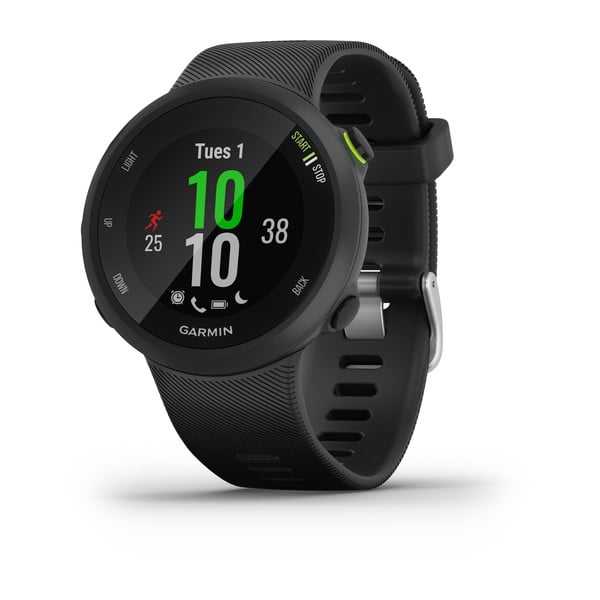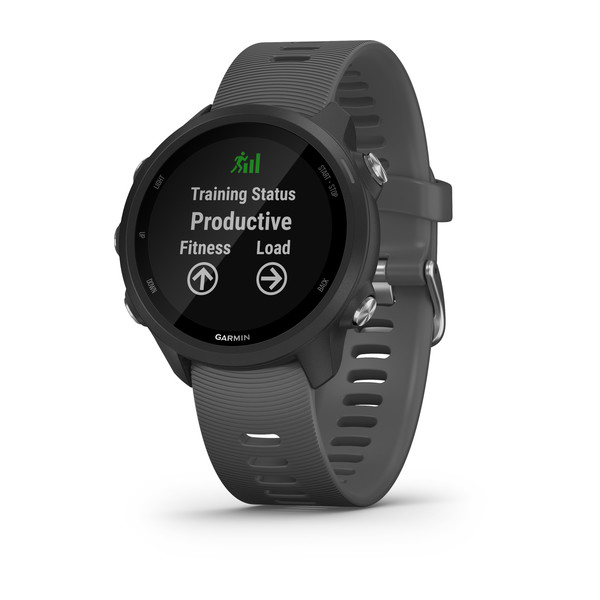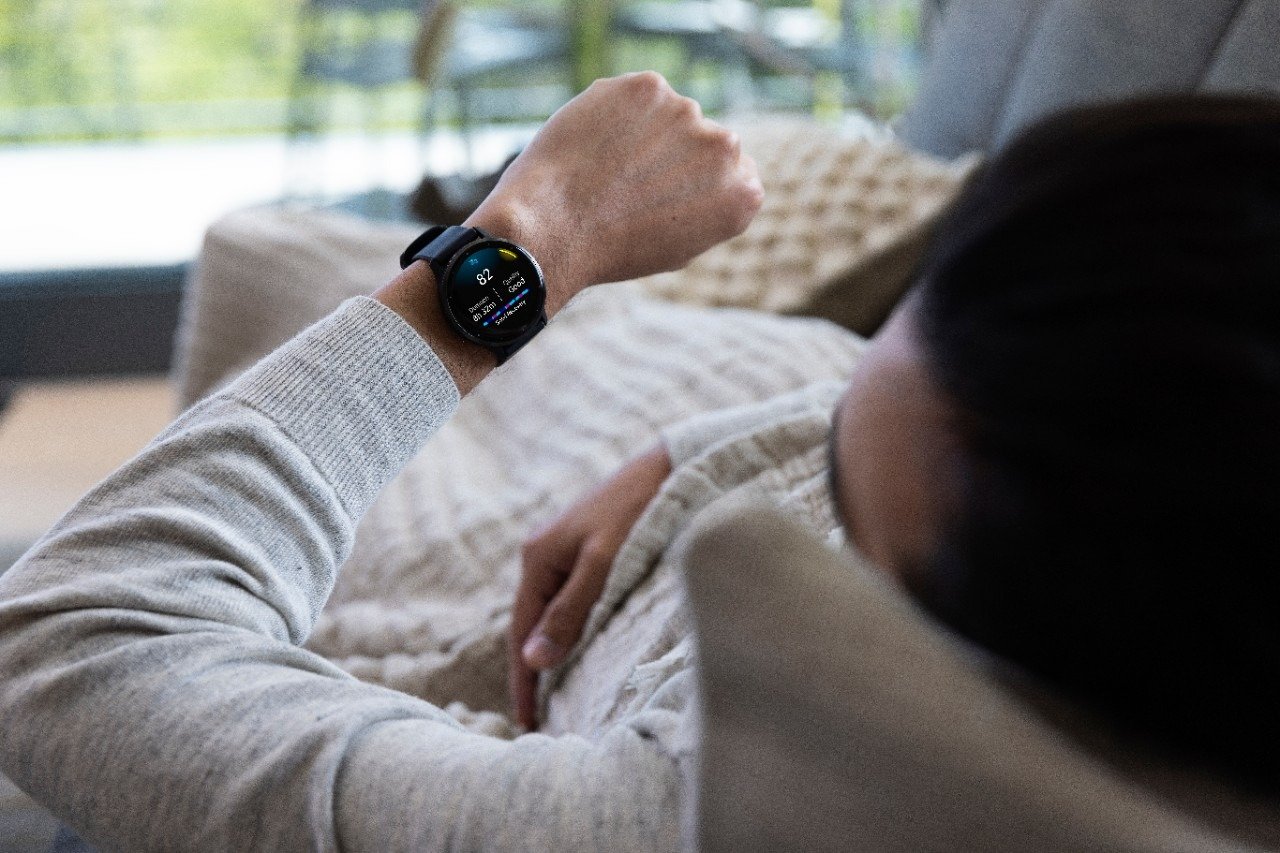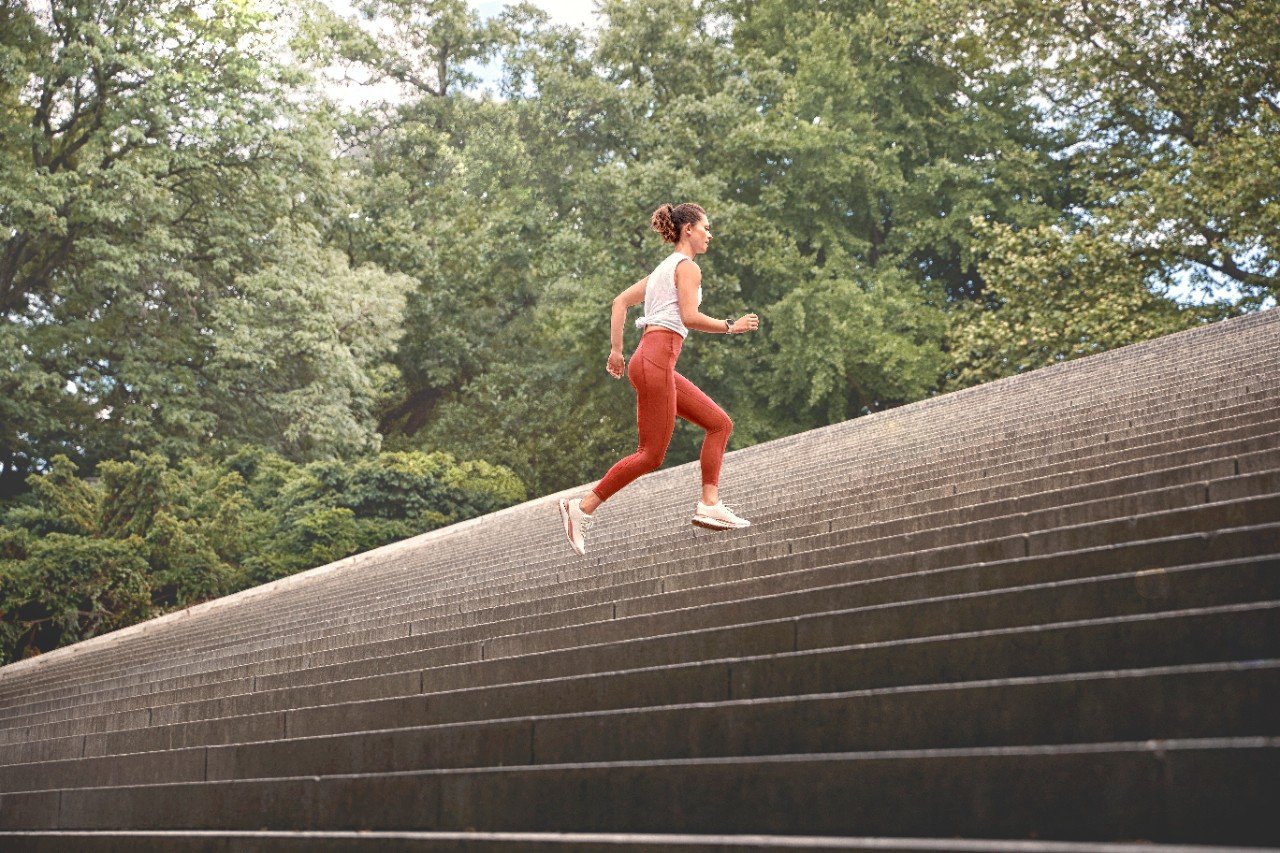
3 Things You Should Know About Brain Health
Did you know that one in 10 adults1 believe their brain health has deteriorated since the start of the pandemic? That’s quite an astonishing stat, and something that we have been thinking about at Garmin.
Our brain is one of the most complex ‘things’ in the universe, but not many of us consider what we can do to protect it. Sadly, there are many physical diseases – like Alzheimer’s – that can affect it.
But the good news is there are easy and simple ways that you can start protecting your brain health, thanks to research that our charity partners, Alzheimer’s Research UK, have been doing.
- What’s good for your heart is good for your brain
We’re all fairly well versed in the benefits of eating a balanced diet, and being physically active can help prevent so many health conditions, but it can also help keep your brain functioning properly.
Studies have shown that by being active, particularly between the ages of 30 to 60 years old, can help lower the risk of dementia.
If you need a little motivation to get active, join us in our #GarminGiveFive challenge, and complete a five-day running streak, for five weeks, and support a great cause in the process.
- Stay sharp
Keep yourself mentally challenged, and you can help protect the physical health of your brain as you age.
Researchers think that by engaging in mental activity you can help build your ‘cognitive reserve’, which is your brain’s ability to cope and keep working, even in the face of damage from diseases like Alzheimer’s.
So grab a book, learn a language, play sudoku or challenge your family to a game of chess, and keep yourself mentally active!
- Stay connected
While this last point has been more difficult than ever in the past year, it’s so important for us all to stay connected with others to help keep your brain healthy.
According to a report published by leading medical journal The Lancet in 2020, social isolation in later life could be a factor in around 4% of cases of dementia.
So pick up the phone, jump on Zoom, meet a friend for a walk and help yourself to feel happier, and healthier, for years to come.
Disclaimer: Information included in this post does not replace any advice that doctors, pharmacists or nurses may give you. If you have more questions about dementia and research, our charity partner, Alzheimer’s Research UK’s Infoline can help. Call them on 0300 111 5 111 or click here to find out more.






